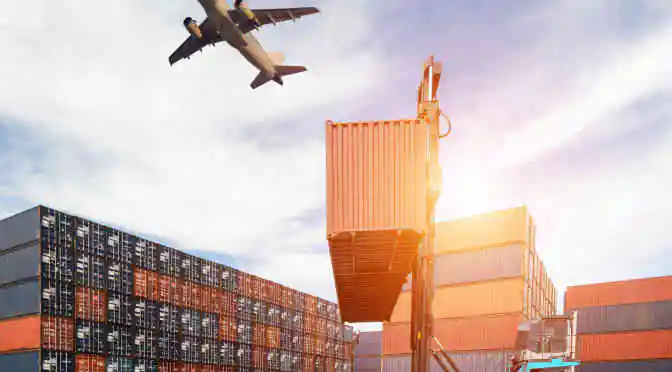Logistics is one industry which has evolved significantly over the past few decades. More so after the economies of the world have opened and globalization has become a household name. Along with these two factors, it is the advances in the field of information technology (IT) which has furthered fueled the growth of the logistics market. IT solutions like the Internet of Things (IoT) enables connected logistics services to generate high volumes of data and a variety of information which can be stored and analyzed with the highest level of accuracy. Because of this, market analysts believe that IoT will not only change the way in which the supply chains operate, but also predict the global connected logistics market to grow substantially posting a CAGR of around 30% by the year 2020.
Connected Logistics and IoT
The demand for on-time and safe delivery calls for real-time monitoring of vehicles carrying the goods, which in turn has increased the demand for connected logistics. Immensely useful in all the stages of the logistics supply chain, right from warehousing and transportation to the final delivery, connected logistics not only monitors the entire supply chain but also enhances operational productivity and improves safety measures.
While most developed countries have implemented advanced IT solutions such as IoT, cloud, mobile, GPS, and analytical applications to manage their domestic and international supply chains and distribution systems; developing nations are in the process of revamping the supply chain & distribution systems by connecting it these advanced IT solutions. Of all the major IT solutions, it is IoT which has been increasingly adopted by service providers throughout the globe.
Features of connected logistics

When it comes to logistics, apart from safe & on-time delivery another key requirement is tracking and monitoring the physical condition of the products which are to be delivered. This becomes even more important in the case of perishable goods and vaccines which should be preserved under a specific temperature range to avoid damage of any kind. In such a scenario IoT-enabled smart connected devices turn out to be very useful. Already adopted in the healthcare, manufacturing and the transportation industry, IoT technologies help in early detection and control of technical faults.
Typically, the smart connected devices and sensors are installed in storage facilities and movable containers, so that they capture and send real-time data to the SCM (supply chain management) team. Growing availability of Wi-Fi and LTE wireless connectivity has encouraged the use of IoT in connected logistics. The data generated from these connected devices are quite large in volume requiring the use of technologies like bar codes, sensors, GPS and RFID. By providing easy tracking RFID helps in better management of the inventory levels, increase the efficiency of businesses and improve business values.
In short, IoT is highly beneficial for the connected logistics market as it facilitates:
- Better asset management by highlighting product issues on time
- Reduction in fuel costs by optimization of fleet routes
- Enhanced inventory management by reducing out-of-stock situations
- Deeper insight into product usage and customer behavior
- Compliance management
For these reasons, market analysts believe that the number of smart connected devices worldwide will reach around 21 billion by 2020. Vendors such as Tech Mahindra and HCL Technologies have developed IoT solutions which help cold storage management teams to track and monitor movements of cold storage containers and carriers. The adoption of IoT in connected logistics is an apt move towards intelligently connecting processes, data, and things through devices and sensors.
Looking for an in-depth analysis of the connected logistics market?
Order the 2016-2020 Report on Global Connected Logistics Market
You might also be interested in:



